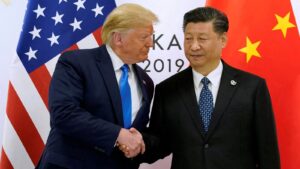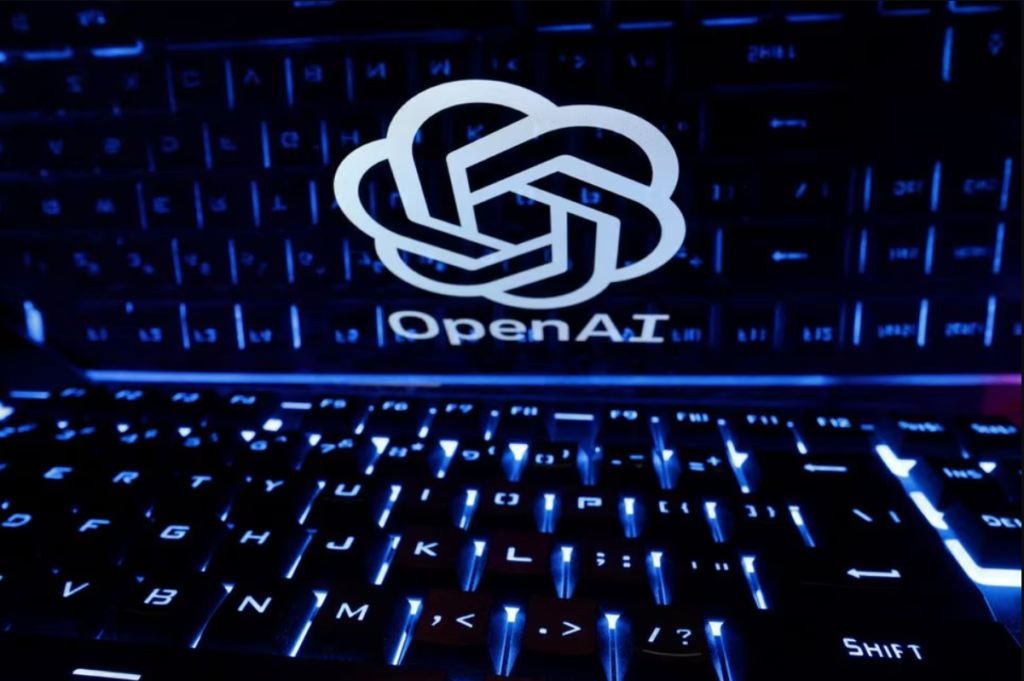|
Getting your Trinity Audio player ready...
|
The Authors Guild, a trade group representing U.S. authors, has filed a proposed class-action lawsuit in Manhattan federal court against OpenAI. The lawsuit, filed on behalf of distinguished writers, including John Grisham, Jonathan Franzen, George Saunders, Jodi Picoult, and George R.R. Martin, alleges that OpenAI unlawfully used their work in training its popular artificial intelligence-based chatbot, ChatGPT.
This legal action joins a series of similar lawsuits brought by writers, source-code owners, and visual artists against providers of generative AI technology. In addition to OpenAI, similar litigation is pending against Meta Platforms and Stability AI over the use of data to train their AI systems.
Other notable authors participating in this lawsuit include Michael Connelly, known for “The Lincoln Lawyer,” and lawyer-novelists David Baldacci and Scott Turow.
As of Wednesday, representatives for OpenAI had not responded to requests for comment. OpenAI and other AI defendants have previously contended that their use of training data collected from the internet falls under fair use as stipulated by U.S. copyright law.
Mary Rasenberger, CEO of the Authors Guild, emphasized in a statement on Wednesday that authors should retain the ability to control how their works are used by generative AI systems to safeguard the integrity of literary works.
The lawsuit by the Authors Guild asserts that the datasets employed to train OpenAI’s extensive language model, which responds to human prompts, incorporated text from the authors’ books, potentially sourced from illicit “pirate” book repositories online.
The complaint further highlights that ChatGPT generates accurate summaries of the author’s books when prompted, indicating that their text is indeed a part of its database.
The lawsuit also underscores growing concerns within the literary community regarding the possibility of authors being supplanted by systems like ChatGPT. Such AI systems have the capacity to generate low-quality ebooks, effectively impersonating authors and potentially displacing human-authored books.
This legal battle between authors and AI technology providers underscores the evolving landscape of intellectual property rights in the digital age. The outcome of these lawsuits is anticipated to have far-reaching implications for how AI models are trained and for the protection of creators’ intellectual property.



